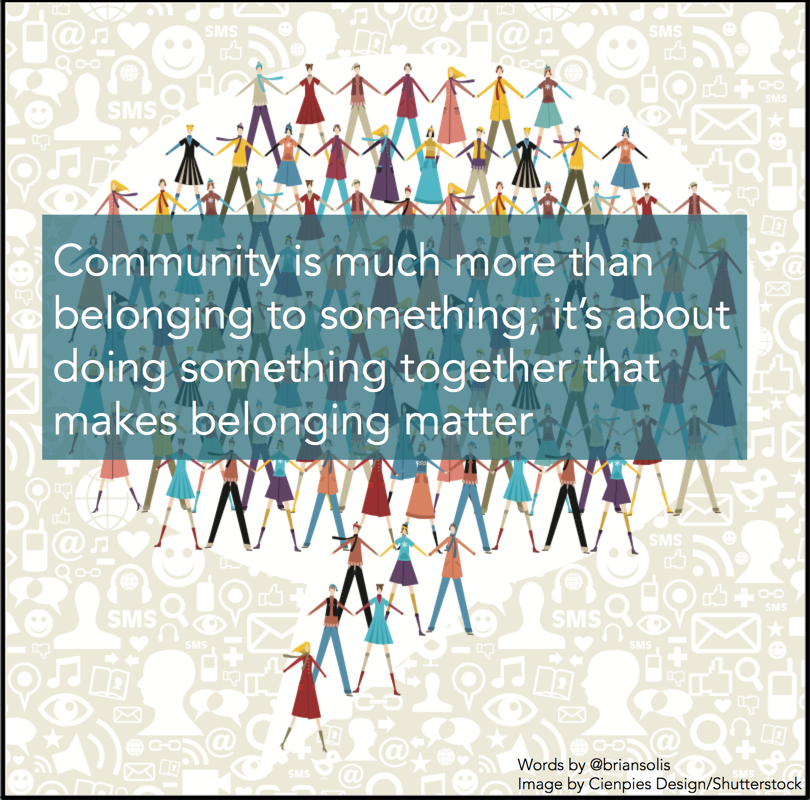Impact of the Growth Mindset
- Maria Lopez
- Mar 14, 2023
- 2 min read
Updated: Apr 24, 2023

"Progress is impossible without change, and those who cannot change their minds cannot change anything".
George Bernard Shaw
One of my goals in my career is to become a better teacher to engage students, make a difference in their lives, integrate technology into the classrooms and cultivate a growth mindset. They need to find purpose in their schooling. I have found that the "Why" of learning is the most important. The excitement and desire for learning make someone look for strategies to find "how" to master "what" they want to learn. If anyone wants to acquire a skill, it is possible with hard work and the right strategy (not just about effort, as Dr. Dweck states in her article "Dweck Revisits the "Growth Mindset").
My innovation Plan was born to respond to a prevalent problem at my school, needing more motivation. I have learned that the first step when intending to teach is getting students engaged. After they get excited or interested in learning, the skill can develop with the right strategies. Since electronic components are easily accessible and students love to spend time on those digital devices, technology integration in classrooms is an excellent tool to motivate the learner. I plan to implement ePortfolios with my students because it is an innovative learning tool that uses technology meaningfully. I also need to devise a plan for cultivating a growth mindset for me and promoting it among my students and organization.
How? Scott Jeffry's article (based on Dr. Dweck's findings) pointed out that just learning about mindset can cause significant shifts in how people view themselves and their lives. Knowing the distinction between growth and a fixed mindset gives us a new choice. We can make new connections through repeated practice and strengthen our brains. If our brains function correctly, we can always learn, improve existing capabilities, and develop new skills. Our brains can grow as we age.
Scott Jeffrey outlines Carol Dweck's four simple steps to changing your mindset:
Learn to hear your fixed mindset "voice."
Recognize that you have a choice.
Talk back to the fixed mindset with a growth mindset voice.
Take the growth mindset action.
I plan to use and promote these steps by creating videos, posters, and messages.
References
Dweck, C. (2008). Mindset The New Psychology of Success. New York, NY. Ballantine Books
Dweck, C. (September 22, 2015). Dweck Revisits the "Growth Mindset": Retrieve from http://www.edweek.org/ew/articles/2015/09/23/carol-dweck-revisits-the-growth-mindset
Dweck, C. (January 11, 2015). Recognizing and Overcoming False Growth Mindset.
Retrieve from: http://www.edutopia.org/blog/recognizing-overcoming-false-growth-mindset-carol-dweck.
Jeffrey, S. (2017). How to Change Your Fixed Mindset. Retrieve from https://scottjeffrey.com/change-your-fixed-mindset/
Kohler, F. (1997). Universal design for learning. [PP Presentation] Retrieve from https://www.slideserve.com/dale-scott/universal-design-for-learning-udl




Comments